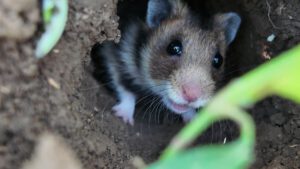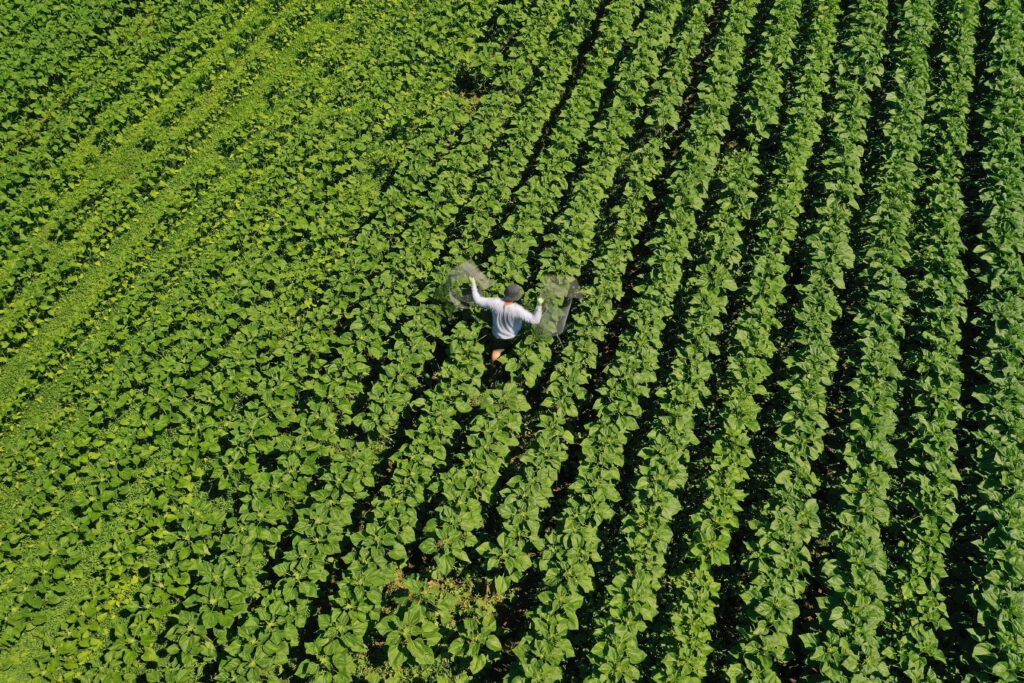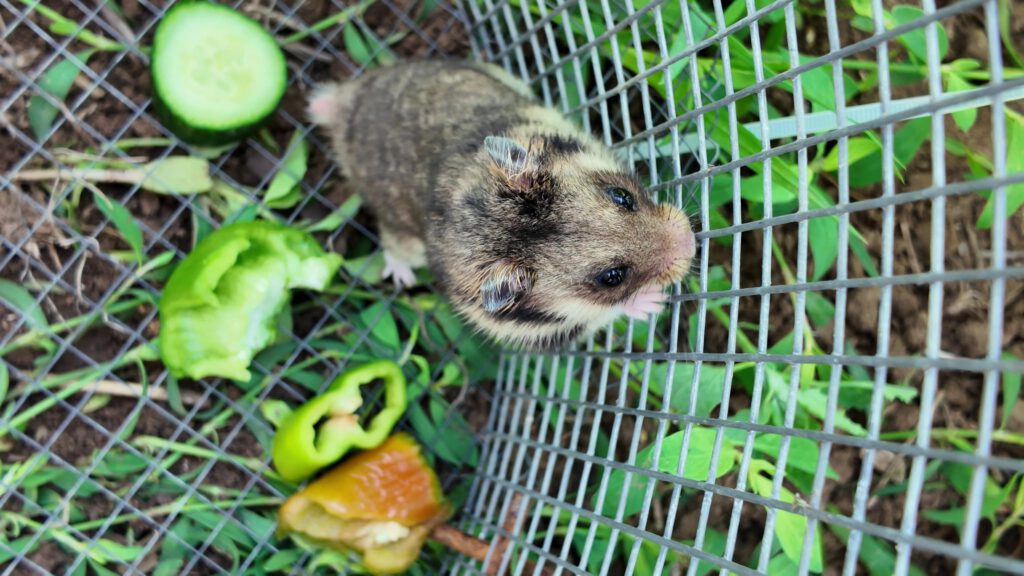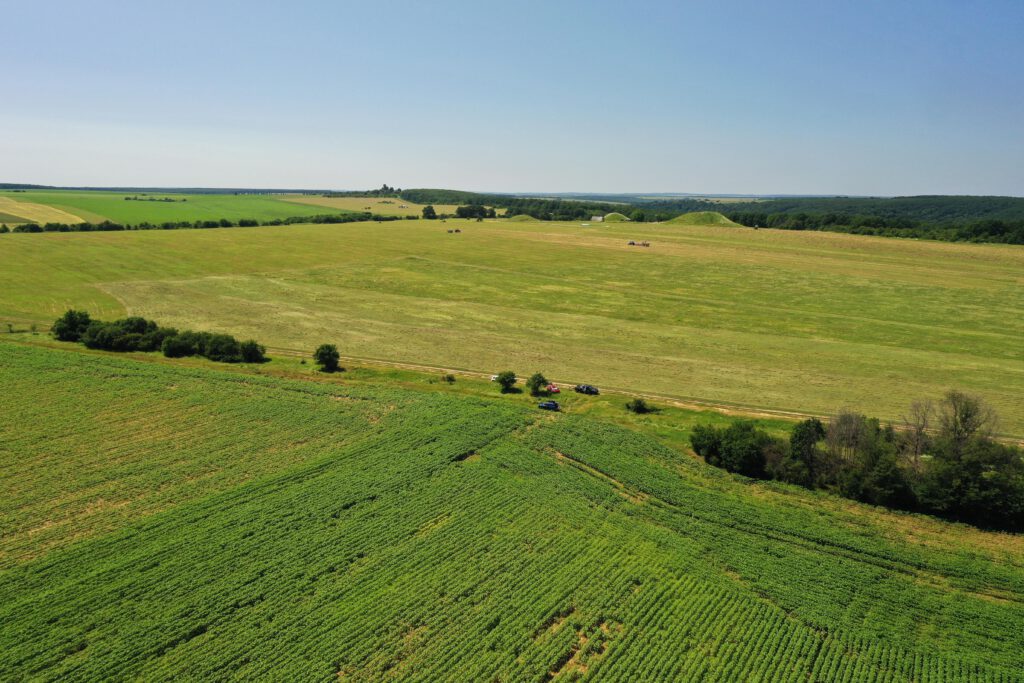For the first time in the world, captive-bred Dobrudzha hamsters are released into the wild
June 9, 2025

A team from the Institute of Biodiversity and Ecosystem Research at the Bulgarian Academy of Sciences (IBER-BAS), the Bulgarian Society for the Protection of Birds (BSPB) and The Habitat Foundation has released captive-bred Dobrudzha hamsters (Mesocricetus newtoni) into the wild. This protected species of rare rodents is a Balkan endemic, found in an extremely limited area that includes the Danube Plain and Dobrudzha. After more than two years of intensive work focused on studying the distribution and biology of this endangered species, scientists from IBER-BAS succeeded in breeding four generations of Dobrudzha hamsters.
Thanks to a partnership with one of Bulgaria’s leading agricultural companies, Agrotime, which provided suitable land for the animals’ release, twelve young hamsters now have the chance to reestablish themselves in the wild near the village of Sveshtari, in the Isperih Municipality, Bulgaria. The last recorded presence of the species in that area dates back 40 years. The hamster does not affect crop yields. It reproduces far less than other rodents and is not considered a pest. With its burrowing activity, it helps to mix organic materials into the soil, improving it for agriculture.


Initial observations of the released hamsters show that they are successfully adapting to the wild. They have begun to dig new burrows, feed well, and even store food. Experts consider the event a major success both for global science and for animal conservation. The Dobrudzha hamster is listed as “vulnerable” in Bulgaria’s and the IUCN Red Data Book and is protected under the Bulgarian Biodiversity Act. The species’ habitats are key conservation areas within the EU Natura 2000 Network.
This activity is part of the LIFE project “Securing the Recovery of the Endangered Saker Falcon in Bulgaria and Southern Romania,” coordinated by the Bulgarian Society for the Protection of Birds and implemented in international partnership with Green Balkans, the Institute of Biodiversity and Ecosystem Research at BAS, the Romanian Ornithological Society, the National Hunting and Fishing Association of Bulgaria, The Habitat Foundation, and Eberhard Karls University of Tübingen. The project is co-financed by the EU’s LIFE Programme.

